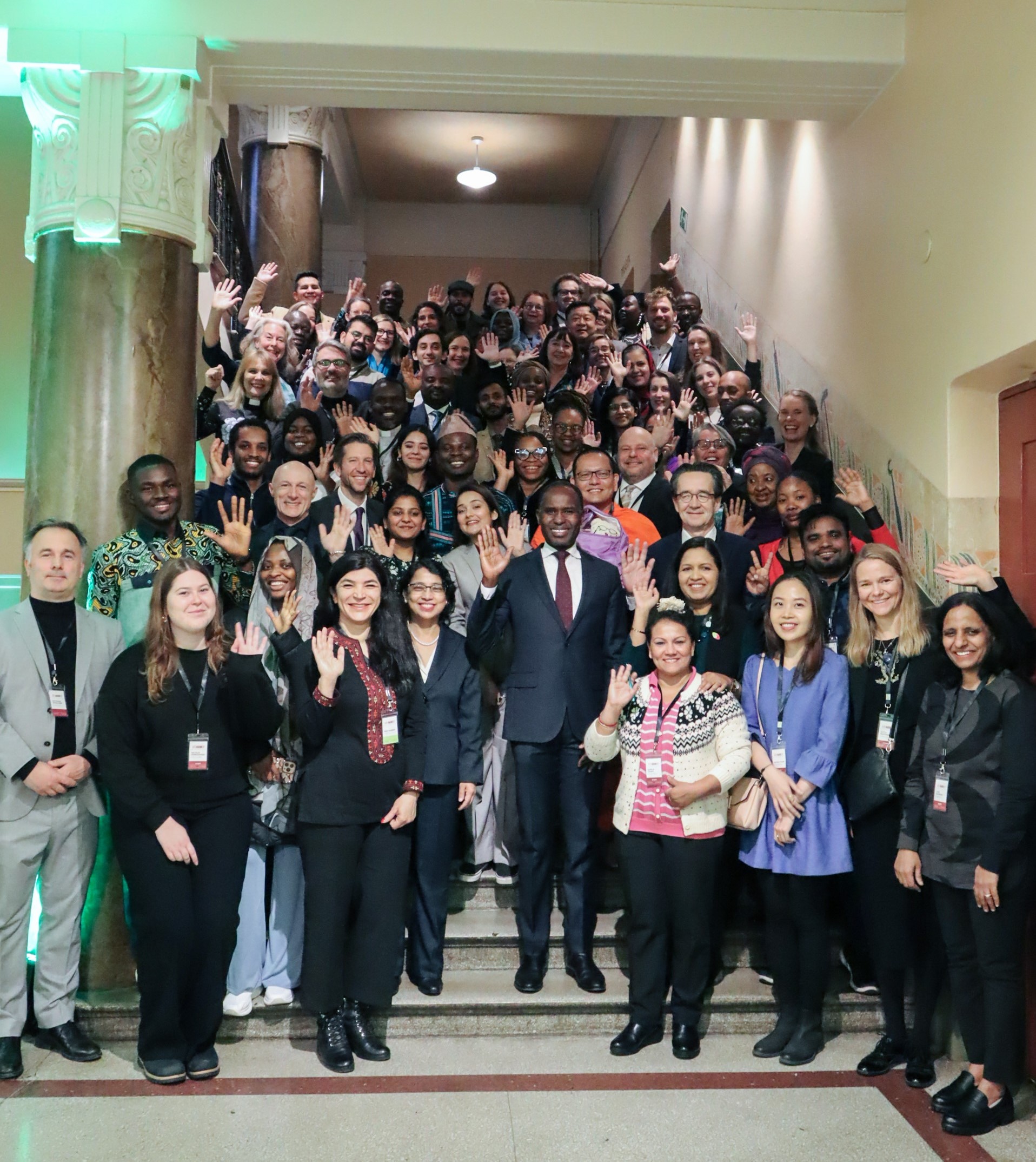Mediation needs religious and traditional peacemakers
A growing number of the world’s conflicts are sparked by differences in religion and worldview. We need religious and traditional peacemakers to understand the underlying causes of crises, to prevent crises and to support mediation efforts. In ten years, the Network for Religious and Traditional Peacemakers has grown into a significant actor in faith-based mediation. Finland’s Ministry for Foreign Affairs has supported the Network from the start.
The Network for Religious and Traditional Peacemakers is an international community of more than one hundred peacemakers from all continents. Its members include international and national non-governmental organisations, state actors, international and regional organisations, and research institutes.
The Network was initiated as a result of UN Secretary-General Ban Ki-moon’s report on mediation where he drew attention to the need to strengthen the important role of religious and traditional leaders in peacebuilding. As a response to this call, the UN Secretariat asked Finn Church Aid to launch the Network in 2013. The Network has grown fast since its foundation ten years ago and is now operating on all continents. Its Secretariat is still based at Finn Church Aid and mainly in Helsinki. The Network is guided by its strategy for 2020–2025.(Link to another website.)

The need for peacemakers is greater than ever
Religious leaders, traditional leaders and grassroots actors are well placed to build trust and dialogue in crisis-affected areas. The Network for Religious and Traditional Peacemakers is able to support their work and to share best practices. It has an important role in promoting the participation of women and young people in mediation in environments that are often highly challenging.
“There is a growing need for religious and traditional peacemakers as the number of complex crises continues to grow,” Executive Director Mohamed Elsanousi said in Helsinki last week. The Network supports the mediation efforts of peacemakers and helps them avoid overlapping activities in crisis-affected areas.
Supporting young peacemakers
As part of its activities, the Network has collaborated with the UN for many years to organise training for peacemakers on the role of religion and worldview in conflicts. It organised its first training course for young peacemakers during its ten-year celebration week in Helsinki. The young peacemakers visited the Ministry for Foreign Affairs and took part in a discussion on the role of young people in peace processes. Young people have many necessary skills, useful knowhow and a lot of enthusiasm that can be put to use in building lasting peace. However, few young people have access to forums where peace is discussed. Young peacemakers need the support of established peacemakers to help them make their voices heard.
The Network for Religious and Traditional Peacemakers is a key partner of the Ministry for Foreign Affairs in mediation and more broadly in relations with religious leaders. The Ministry for Foreign Affairs has supported the Network from the start.
